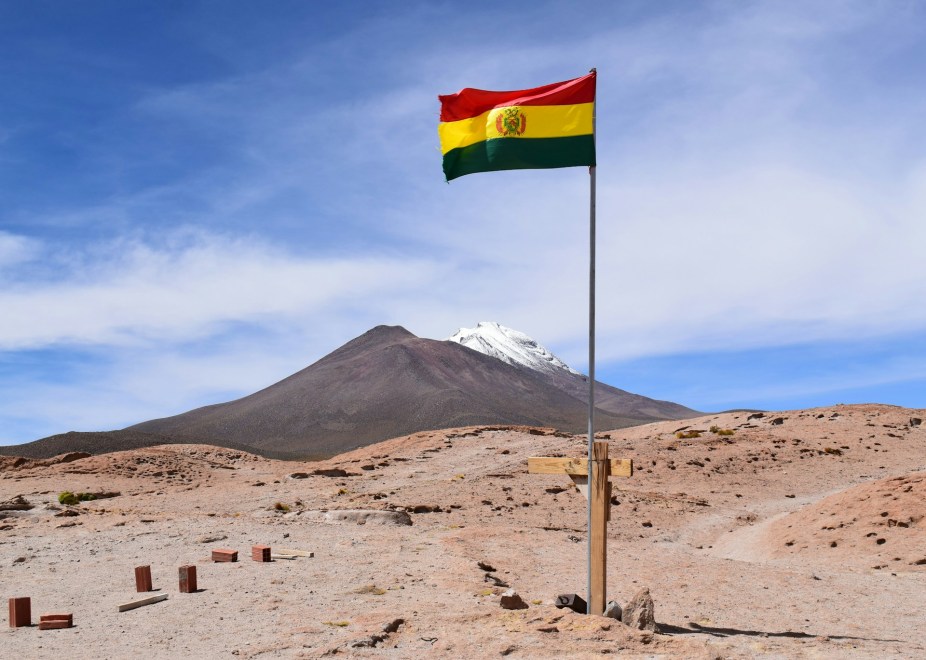Crypto adoption continues to expand in Latin America as more countries embrace cryptocurrencies and digital assets. Recently, Bolivia announced they lifted their 4-year crypto ban to “modernize the payment system.”
Bolivia About To Revolutionize Its Payment System
On June 26, the Central Bank of Bolivia (BCB) revealed it had revoked its previous resolution that banned the use of cryptocurrencies in the country. The Board Resolution N°144/2020, issued on December 15, 2020, prohibited the “use of channels and Electronic Payment Instruments (IEP) for purchase and sale transactions of Virtual Assets.”
The new Board Resolution N°082/2024 allows financial entities to transact with crypto. The decision was made in collaboration with the Financial System Supervisory Authority (ASFI) and the Financial Investigations Unit (UIF), taking into consideration the Mutual Evaluation of the Plurinational State of Bolivia 2023 – 2024 carried out by the Latin American Financial Action Task Force (GAFILAT).
BCB's press release annoucing the ban lift. Source: Banco Central de Bolivia on X
After the evaluation, GAFILAT recommended the Bolivian watchdogs consider the regulation of Virtual Asset Service Providers (VASPs) “according to the public policy to be defined in the Bolivian context.”
The task force also highlighted that during the last year, the country has worked on a legal basis that “will allow facing new challenges in this modernization process” and incorporate crypto and its regulations into the Bolivian payment system.
The president of the Central Bank of Bolivia, Edwin Rojas Ulo, affirmed that the BCB has continuously worked to modernize the country’s payment system and infrastructure. Rojas Ulo emphasized that, with the new Board Resolution, Bolivians will have a new mechanism for financial activities.
The BCB, within the framework of its policies, has continuously promoted the modernization of the national payment system and the development of the payment infrastructure, making viable with its actions the adoption of technological innovations and new payment schemes, currently becoming a regional reference in terms of interconnection, interoperability, and digital financial inclusion, promoting active and equal participation of banking and non-banking entities, favoring the democratization of financial services. Within this framework, Board Resolution N° 084/2024 will provide the population with an additional mechanism that will contribute to the strengthening of financial and commercial activities.
A Step Toward Broader Crypto Adoption
According to the press release, ASFI will control the Financial Intermediation Entities (EIF), including the means the entities provide to acquire crypto assets. Additionally, it will offer financial education on virtual assets and their risks to the population.
The IUF will oversee the preventive measures “to identify possibly suspicious operations linked to the legitimization of illicit profits and financing of terrorism.” The institution will make the “pertinent regulatory adjustments” to prevent crime-related transactions with virtual assets.
However, the BCB emphasized that the Boliviano remains the only legal tender in the country. Unlike El Salvador, which made Bitcoin a legal tender in the country, BTC and other cryptocurrencies are “not cash, and there is no obligation on the part of the population” to receive them as a payment method.
Ultimately, the Central Bank will incorporate conceptual aspects and the risks of using crypto assets into its Economic and Financial Education Plan. This measure aims to promote greater knowledge to the population and allow Bolivians to make informed decisions when using virtual assets.
Bitcoin (BTC) is trading at $61,713 in the five-day chart. Source: BTCUSDT on TradingView
